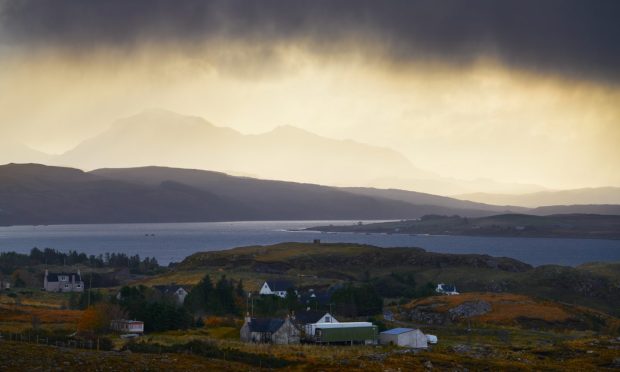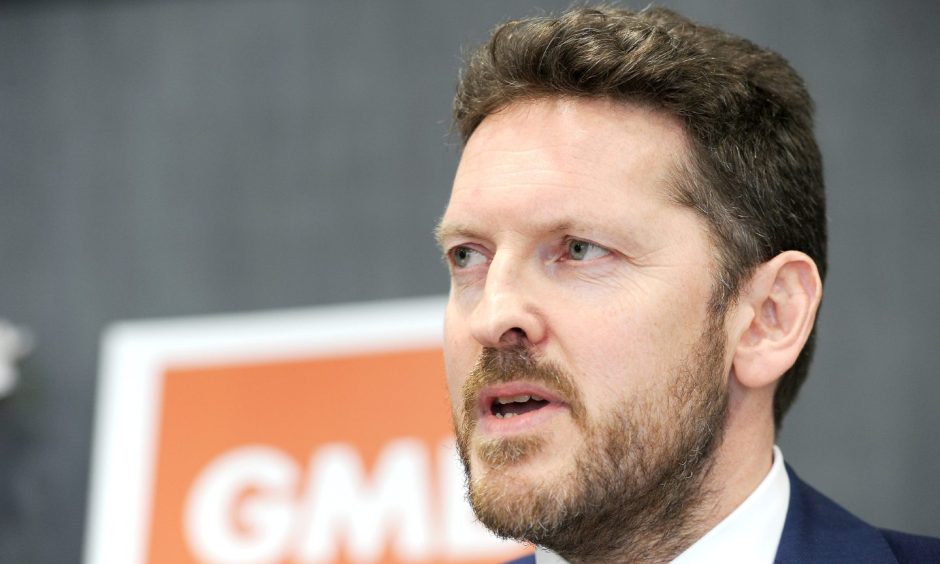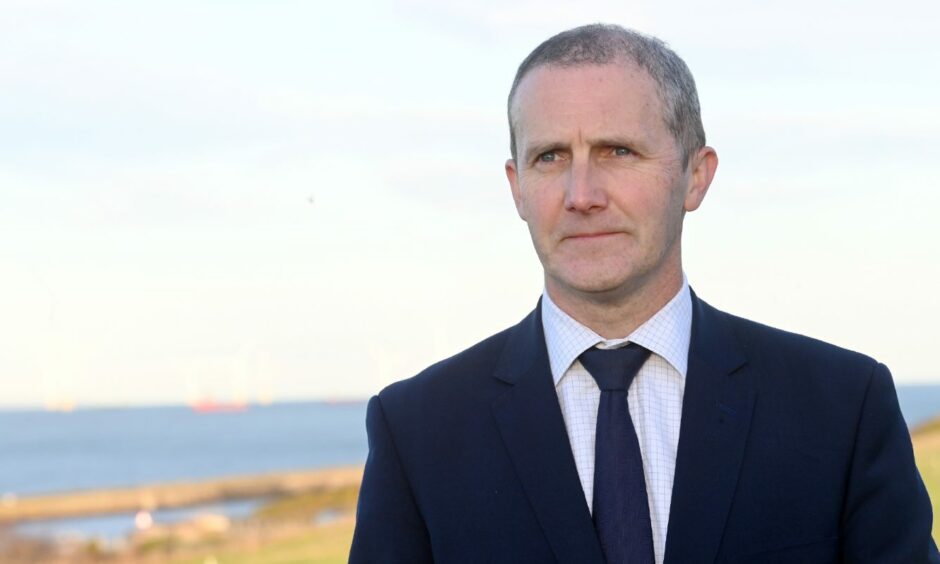Patients in rural areas face a growing “disparity” in accessing the healthcare they need compared to urban areas, says a senior Inverness GP.
Dr Iain Kennedy, chair of the British Medical Association in Scotland, says a “big rural problem” exists in terms of recruiting staff, in general practice but also in hospitals.
He added there are “huge vacancies” across Scotland, but particularly in Shetland, Orkney, Western Isles, Grampian, and the Highlands.
In an interview with the P&J, Dr Kennedy’s warns:
- A “big variation” in access has opened between urban and rural areas.
- Patients in rural areas wait “far longer” than central belt.
- GPs feel “demoralised” and “hopeless” about the future.
- NHS needs to look at “prioritisation” over what the health service can offer.
The senior GP’s intervention comes as Holyrood’s health committee undertakes an inquiry into remote and rural healthcare in Scotland.
Meanwhile, the Scottish Covid inquiry is also under way, probing individuals and groups affected by the pandemic.
We’re seeing more and more people with the psychological effects from the pandemic and they’re not able to access the services they need.
– Dr Iain Kennedy
Asked if the NHS is anywhere close to recovery post-pandemic, Dr Kennedy said “things appear to be getting worse” due to an “abject failure in workforce planning”.
‘Huge number of vacancies’
He added: “GPs in Scotland are telling me that they are absolutely demoralised. They’re feeling quite hopeless about the future.
“There are huge number of vacancies, particularly in Shetland, Orkney, Western Isles, Grampian, the Highlands and the Borders. But also Lanarkshire.
“We have a big rural problem in terms of workforce recruitment, particularly in general practice, but also in hospitals.
“No GP in Scotland would be surprised to hear that patients are struggling to get appointments because every day GPs are swamped with workload.”
The latest NHS Scotland data shows that 42% of GP surgeries had vacancies across Scotland, but in the Western Isles 67% had vacancies, with 64% in Grampian, 56% in Shetland and 57% in Orkney.
Dr Kennedy said this “disparity” in access to healthcare is reflected in longer waiting times for rural patients.
He said: “For example, orthopaedic waiting times for operations. We know in our rural areas, patients are waiting far longer than they are in the central belt.
“Another area is mental health services. In Highland, for example, we have a huge shortage of psychiatrists and community psychiatric nurses and many of the patients that I refer with mental illness get rejected by secondary care and sent back to me without being seen.
“We’re seeing more and more people with the psychological effects from the pandemic and they’re not able to access the services they need.
“There’s a big variation in access and that’s widening between urban and rural. It’s also widening between the poorer and the more well off.”
A spokesman for NHS Highland said it is aware of the “pressures” and apologised for the “distress” long waiting times are causing patients.
He said the health board has an ongoing programme of recruitment across psychiatry and will be launching another campaign in the new year.
The spokesman added: “There is a national shortage in this profession, and many candidates prefer to work on a locum/freelance basis rather than a substantive basis.
“We have a number of consultants and speciality doctors within psychiatry who work with us on a regular and long term locum basis and provide high quality care to our population.”
Time for rural incentives
How can the problems be addressed?
Dr Kennedy starts with calls for a “proper workforce plan”.
This will look at where the vacancies are throughout Scotland and may include offering incentives to staff to move to these areas.
He said: “We need to make the right decisions so that doctors are trained and recruited to those areas.”
The BMA chair has also long been calling for a “national conversation on the future of the NHS”. That’s something Highlands MSP Kate Forbes, a former SNP leadership candidate, also called for this week.
He said: “We definitely will need to look at prioritization. That will require the public and the politicians to make some decisions around rationing. We at the BMA want an NHS that continues to be free at the point of delivery.
“And we want to see equity of access to all. And if we are able, if we’re going to be able to sustain the current health service, we’re just going to have to invest massively in it just to stand still.
“And the politicians and the public aren’t willing to invest more, then it’s inevitable that prioritisation decisions are going to need to be taken.”
Dr Kennedy has also recently suggested special status for rural doctors with higher pay.
‘Golden hello’ from government
A Scottish Government spokeswoman said: “We are clear that patients who need to see a GP should always be seen, regardless of their location. The Scottish Government incentivises GPs into taking up rural positions by offering a £10,000 ‘golden hello’ scheme for those who join and stay for two years.
“Additionally, we recently committed to investing £1 million into bursaries for GP trainees who agree to remain in remote and rural areas for the duration of their training – 50 x £20,000 bursaries will be funded in 2024/25, with priority being given to the most remote and rural posts”.
“We have also launched a new National Centre for Remote and Rural Health and Care, supported by funding of £3 million from 2023-26.
“The centre seeks to improve the capability of remote, rural and island primary care and enhance the delivery of community-based services. By working with NHS Boards virtually and locally, the centre strives to improve rural workforce and retention and develop new and innovative services to deliver better results for patients.”




Conversation